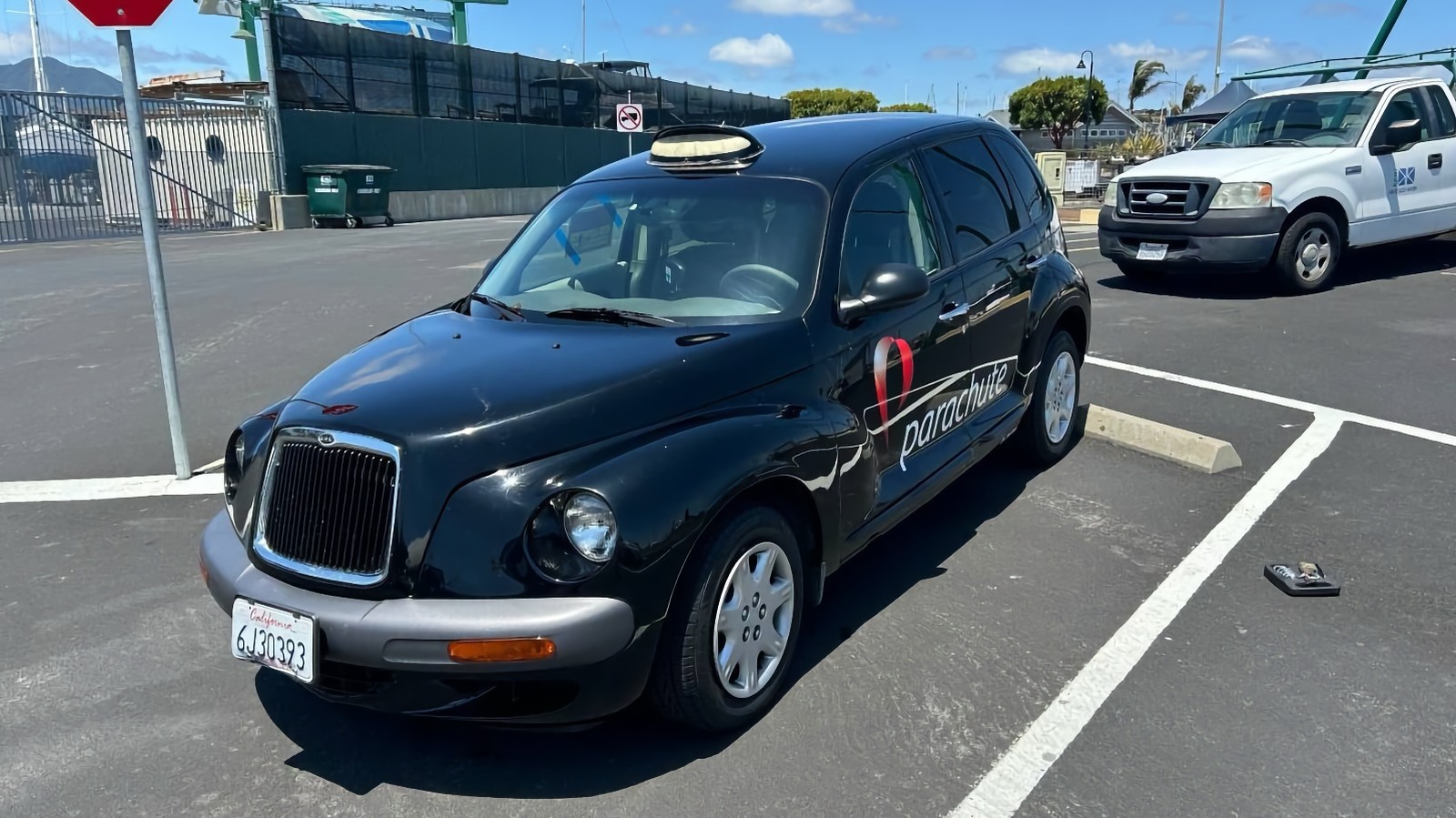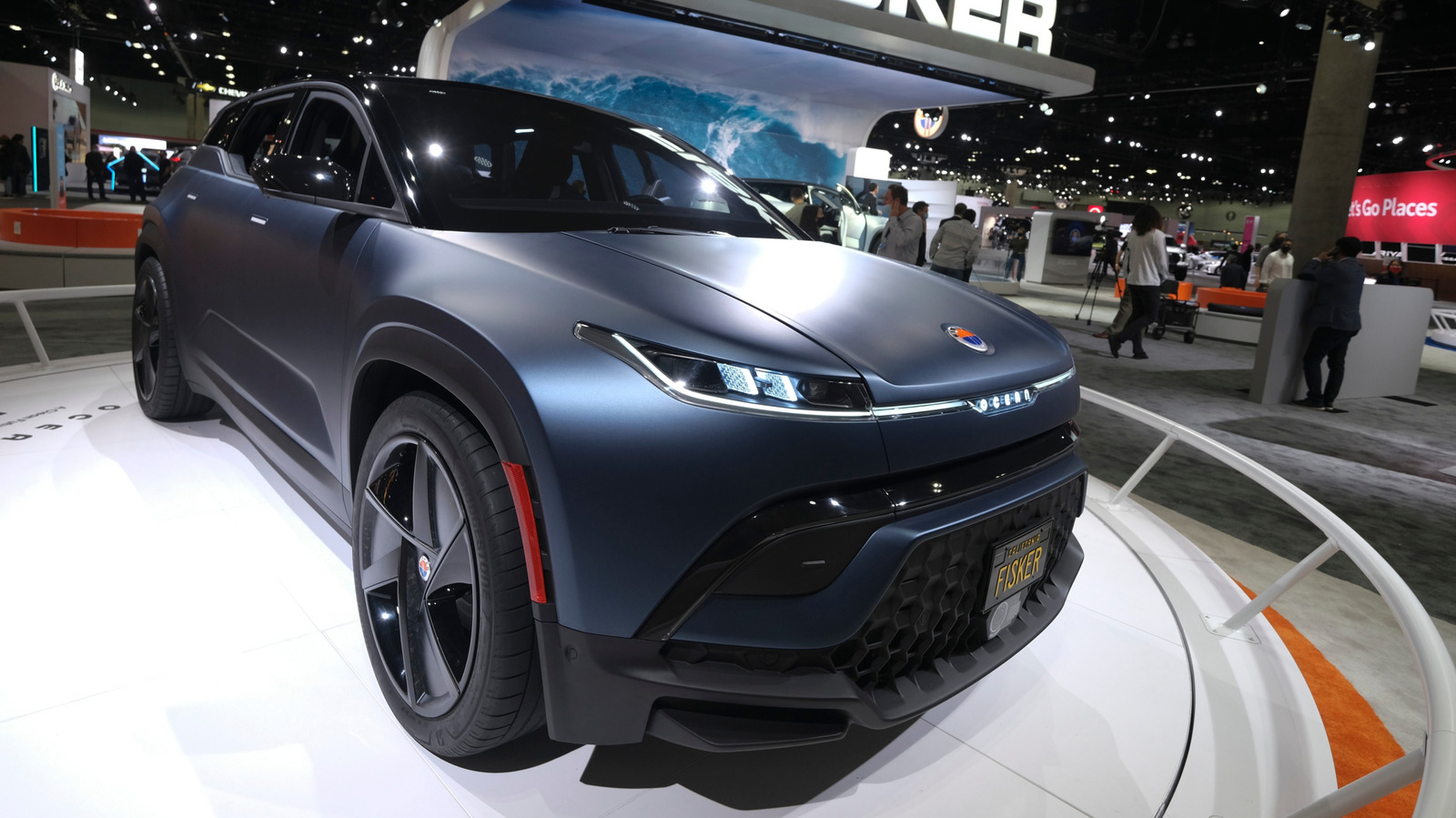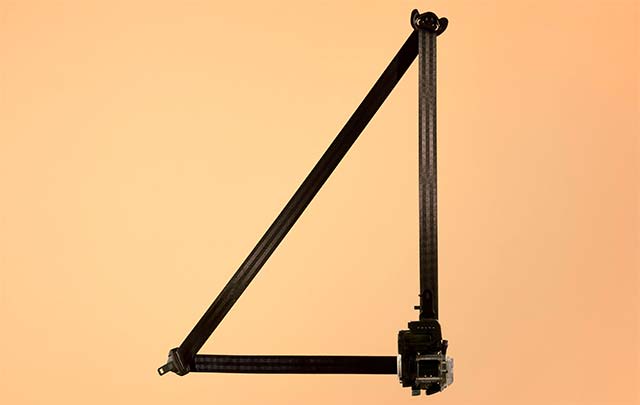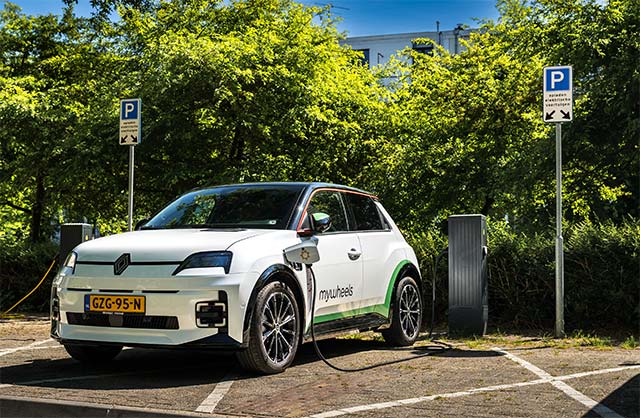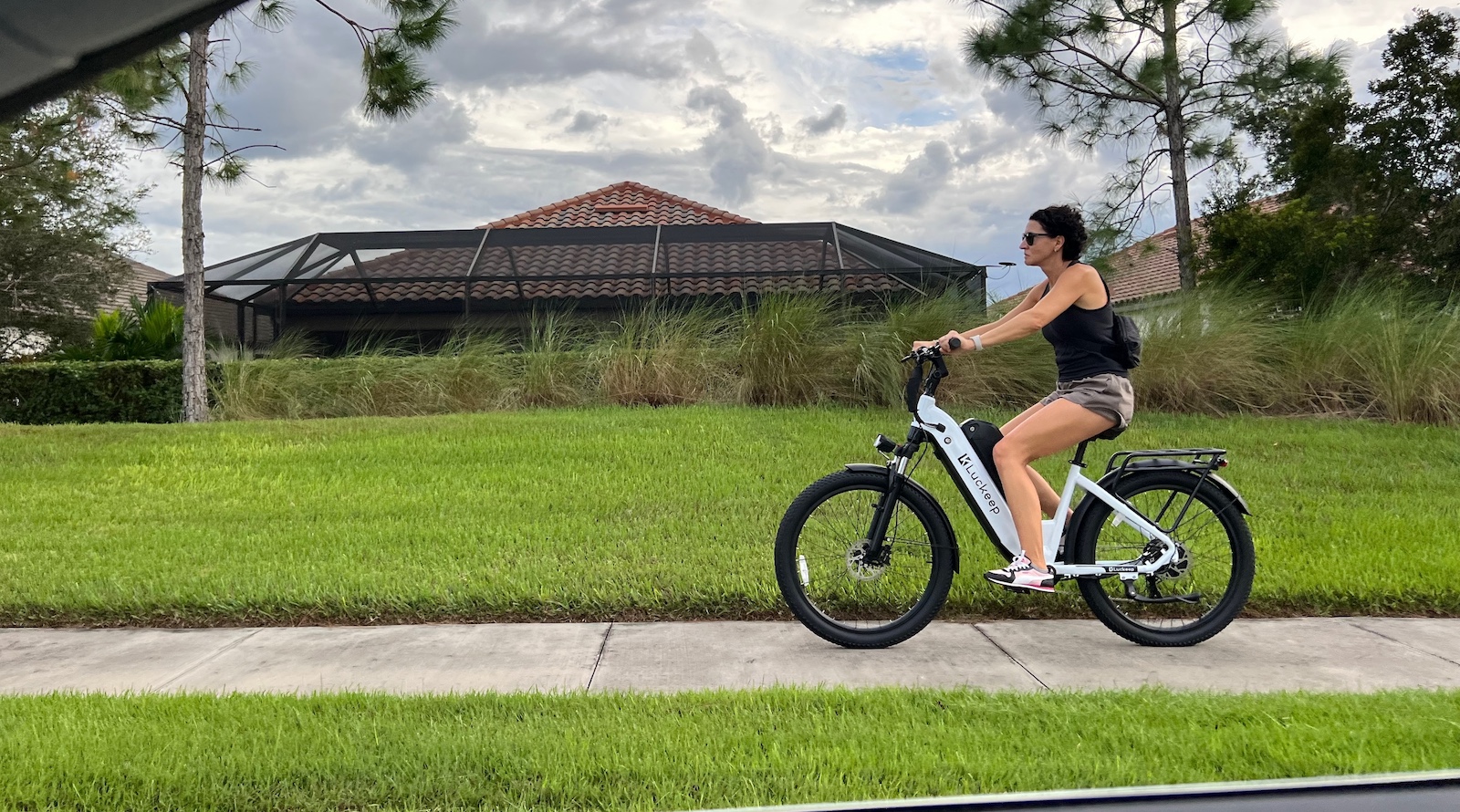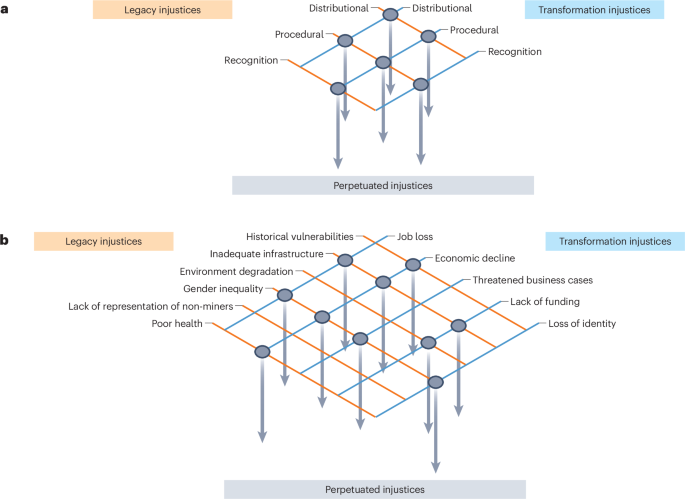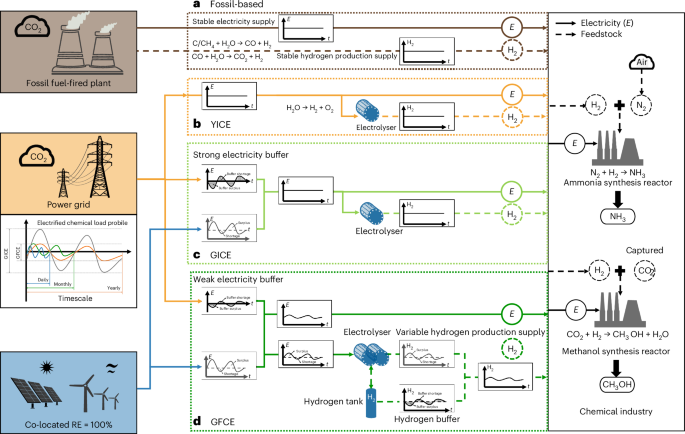Volvo reinvents seatbelts - again. Now they know your size
Multi-adaptive safety belt uses sensors to determine how to restrain its occupant in a crash New EX60 will feature new belt that caters its crash response according to seat occupant's shape and size Volvo has invented a new type of seatbelt that could dramatically improve in-car safety - again. The firm, which pioneered the use of the three-point belt, has revealed a new 'multi-adaptive safety belt', which uses sensors to analyse an occupant's height, weight, body shape and seating position and responds accordingly in the event of a crash. A larger occupant will receive a higher belt load, Volvo said, to reduce the risk of head injury, while it will respond less severely to smaller passengers to lessen the impact on their ribs. The system – developed in collaboration with ZF Lifetech – will also respond differently according to the nature of the impact, gathering data from around the car "in less than the blink of an eye" to determine how much force the seatbelt should apply. Today's seatbelts use load limiters to change the amount of force applied by the seatbelt, with three 'load-limiting profiles' available. Volvo's new device ups that to 11. The new Volvo EX60 electric SUV, due next year, will be first to feature the new belts, and Volvo said over-the-air software updates will mean "it gets better over time". As Volvo gathers more crash safety data, "the car can improve its understanding of the occupants, new scenarios and response strategies". Åsa Haglund, who runs Volvo Cars' Safety Centre, said: "The world first multi-adaptive safety belt is another milestone for automotive safety and a great example of how we leverage real-time data with the ambition to help save millions of more lives. “This marks a major upgrade to the modern three-point safety belt, a Volvo invention introduced in 1959, estimated to have saved over a million lives.” The new seatbelt's unveiling coincides with the 25th anniversary of the Safety Centre, where Volvo can "recreate almost any traffic accident and perform tests that exceed regulatory requirements for real-world safety".
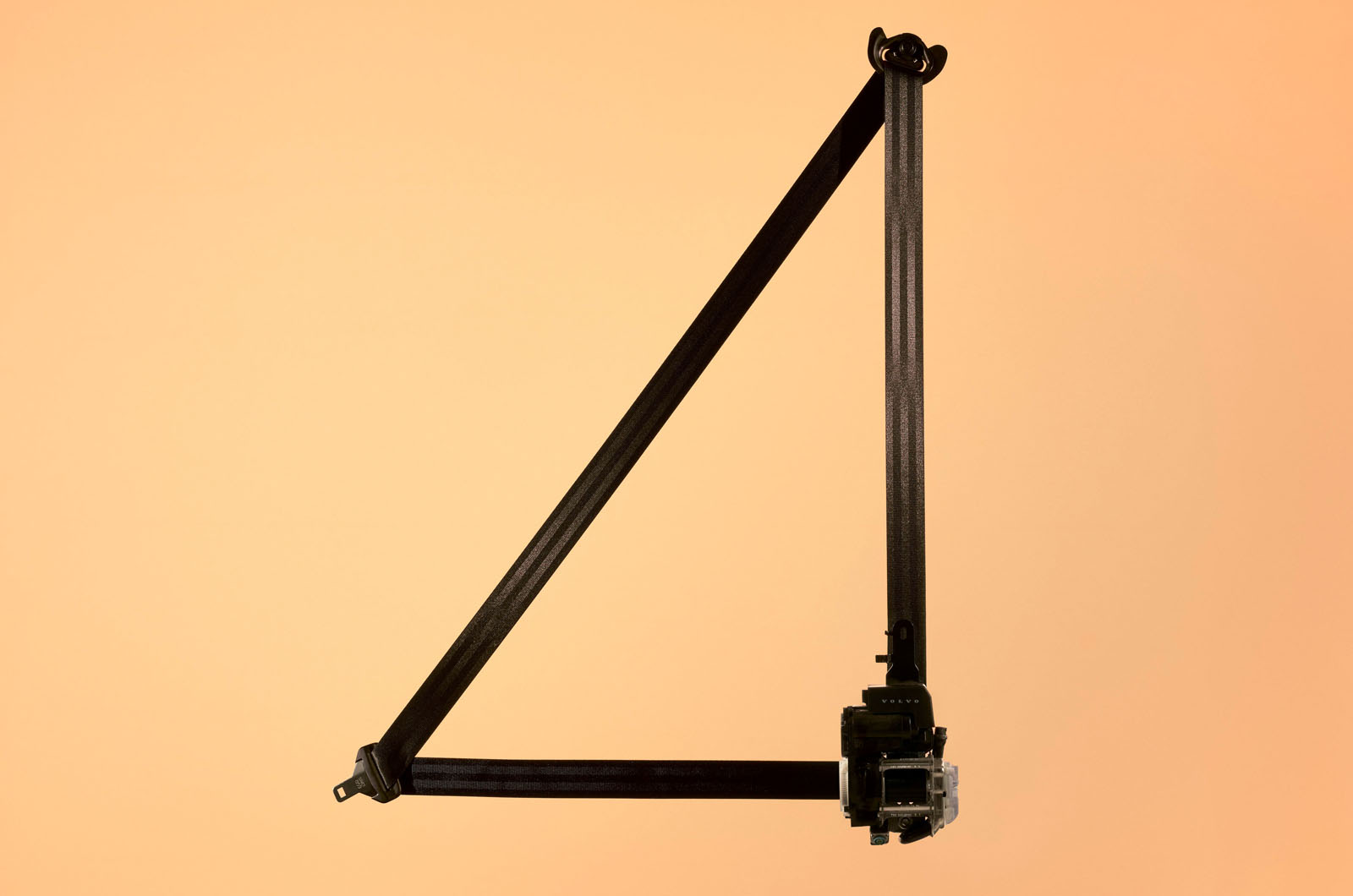

Multi-adaptive safety belt uses sensors to determine how to restrain its occupant in a crashNew EX60 will feature new belt that caters its crash response according to seat occupant's shape and size
Volvo has invented a new type of seatbelt that could dramatically improve in-car safety - again.
The firm, which pioneered the use of the three-point belt, has revealed a new 'multi-adaptive safety belt', which uses sensors to analyse an occupant's height, weight, body shape and seating position and responds accordingly in the event of a crash.
A larger occupant will receive a higher belt load, Volvo said, to reduce the risk of head injury, while it will respond less severely to smaller passengers to lessen the impact on their ribs.
The system – developed in collaboration with ZF Lifetech – will also respond differently according to the nature of the impact, gathering data from around the car "in less than the blink of an eye" to determine how much force the seatbelt should apply.
Today's seatbelts use load limiters to change the amount of force applied by the seatbelt, with three 'load-limiting profiles' available. Volvo's new device ups that to 11.
The new Volvo EX60 electric SUV, due next year, will be first to feature the new belts, and Volvo said over-the-air software updates will mean "it gets better over time".

As Volvo gathers more crash safety data, "the car can improve its understanding of the occupants, new scenarios and response strategies".
Åsa Haglund, who runs Volvo Cars' Safety Centre, said: "The world first multi-adaptive safety belt is another milestone for automotive safety and a great example of how we leverage real-time data with the ambition to help save millions of more lives.
“This marks a major upgrade to the modern three-point safety belt, a Volvo invention introduced in 1959, estimated to have saved over a million lives.”
The new seatbelt's unveiling coincides with the 25th anniversary of the Safety Centre, where Volvo can "recreate almost any traffic accident and perform tests that exceed regulatory requirements for real-world safety".








